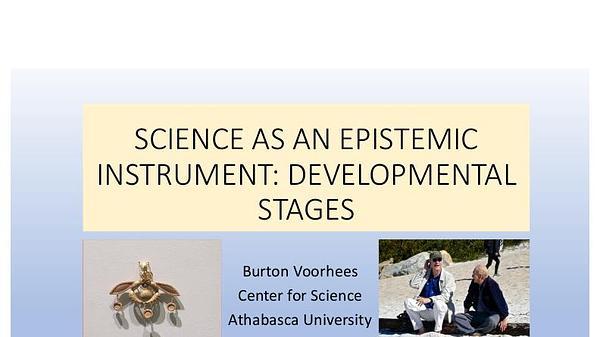Would you like to see your presentation here, made available to a global audience of researchers?
Add your own presentation or have us affordably record your next conference.
keywords:
children learning
play
innovation
Abstract:
Cultural evolution has been tremendously productive in understanding the evolution of human adaptation, but the role of children learning has been underexplored. Evidence from psychology suggests that children are more exploratory and innovative than adults, which can have profound implications for population-level cultural adaptation. Here we investigate in silico how a life history of innovation and social learning contributes to cultural adaptation, and its implications for the evolution of childhood. We present an agent-based model to answer (1) under what conditions childhood is adaptive and (2) whether childhood can provide a buffer against environmental change, in the context of cumulative cultural evolution and collective problem solving. Using a multi-armed bandit task that allows for incremental improvement in behaviours, we implemented a two-stage strategy for exploring this space – children explore broadly, more likely to learn new behaviours, while adults specialise in behaviours already known, incrementally improving. We found that this two-stage strategy leads to higher payoffs, both individually and collectively. Our model identifies a childhood ‘Goldilocks Zone’ – it allows individuals time to explore before specialising and improving. We implement a variety of environmental change regimes and demographic shifts and find that childhood has differential benefits depending on regime characteristics.
Speaker's social media:
Twitter: @DrElenaMiu
